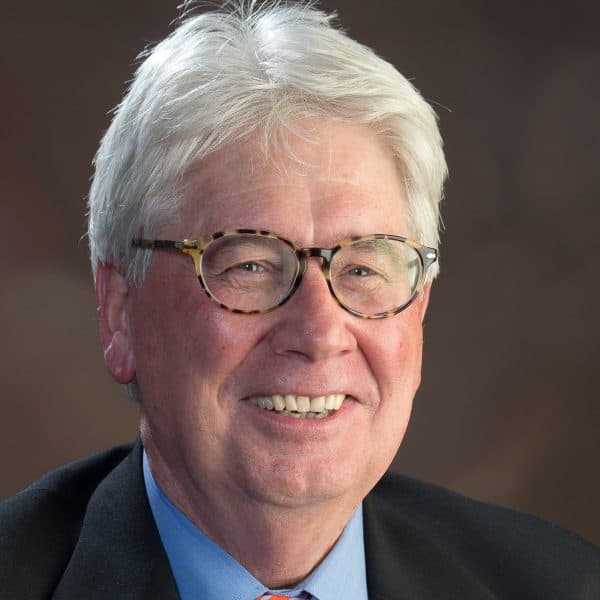Advertisement
Will Mitt Romney Run In 2016?
![R. B. Scott: "[The 2012 GOP nominee for president] continues to believe that he is the most qualified leader for our times." Pictured: Former Massachusetts Gov. Mitt Romney waves to supporters during his election night rally, Wednesday, Nov. 7, 2012, in Boston. (David Goldman/AP)](https://wordpress.wbur.org/wp-content/uploads/2014/09/SCOTT-R-B-Romney-2016-Banner-1000x547.jpg)
The scene: Boston Convention Center, election night 2012. The mood: Despair, devastation, disbelief. It was a wake instead of the intended lavish celebration of the victory of Willard Mitt Romney, next president of the United States of America.
Very few true believers saw it coming, in spite of fresh polls indicating otherwise. They’d heard that an eleventh hour Romney surge was in the offing. As the clock ticked on, the faithful prayed in earnest, and often. To no avail.
He won his party's nomination, became the first Mormon presidential candidate in history to make it to the general election and ran a competitive race against a popular incumbent. But he lost.
As he strode on to the stage to concede to Barack Obama, Romney saluted the sea of mourners. It seemed at once an enthusiastic acknowledgement of their loyalty, and a farewell. The man who had been running for president since around 1993 would now quietly fade away, become an historical footnote. Always game, always a team player, and perpetually misunderstood, like his father, George, the estimable former secretary of housing and urban development, governor of Michigan, and CEO of American Motors, a reluctant alternative to Barry Goldwater in 1964 and, briefly, the “all in” candidate in 1968.
It was George who anointed his youngest son heir to the family's presidential aspirations. Otherwise, close relatives insist, Romney would have been content to be a prominent church leader and successful businessman.
Instead, he surpassed both his father’s record and his expectations. He won his party's nomination, became the first Mormon presidential candidate in history to make it to the general election and ran a competitive race against a popular incumbent. But he lost. Now, perhaps, he would pass the torch to one strapping son or another.
After losing to the iconic and entrenched Democrat from Massachusetts, Senator Ted Kennedy, in 1993, Romney vowed that he would never run for office again unless he was certain he could win. In 2002, he balked when Massachusetts GOP power brokers begged him to hurry home from “saving” the winter Olympic games in Salt Lake City to challenge the faltering female Republican governor, Jane Swift. He relented only after they cleared the decks of opposition and assured him of the party’s endorsement.
A similar strategy may be in motion for 2016.
In July 2013, as Romney was sizing-up his future, polls revealed that the nation was having serious second thoughts about the president they had elected the previous November. It was then that Romney resumed building and strengthening bridges to Republican leaders throughout the nation, including all of the possible contenders for the presidency in 2016.
He spoke out vigorously on national, economic and foreign policy issues. He put muscle and money to work, building party cohesiveness and supporting key campaigns, drawing the party toward the middle, where it needs to be to win national elections. And he became more open and candid about his very large, interesting and accomplished family.
Advertisement
The “will he or won’t he run” speculation will likely continue for months. Timing matters; there is a danger in jumping in too soon, lest adulation and anticipation devolve into sniping, mockery and criticism. September 2015 would suffice, as disappointing as that may be to those itching to cover a horse race. By then, national party leaders, like their colleagues in Massachusetts in 2002, may be pleading with him to run. Of course, that’s exactly how Mitt Romney would like it: nomination by acclamation.
...national party leaders, like their colleagues in Massachusetts in 2002, may be pleading with him to run. Of course, that’s exactly how Mitt Romney would like it: nomination by acclamation.
That’s the long way of saying that, unless there is a dramatic change between now and then, Mitt Romney will be a candidate for president in 2016. There are a few serious equivocations to consider:
- Ann Romney's health. She is a cancer survivor and has been battling multiple sclerosis for more than 15 years. She is fit, healthy and energetic, and she is a credible powerhouse on the campaign trail. Should her health deteriorate, her husband will not be a candidate. Period. Unless Ann insists on it. Just this week she acknowledged that Romney is “thinking” about a run in 2016.
- If it appears the primary will be contentious and divisive, Romney could have second thoughts; he still hates to lose.
Mitt Romney continues to believe that he is the most qualified leader for our times. He knows that this election cycle favors Republicans. No other formidable candidate has emerged, although his closeness to the Bushes may convince him to step aside if Jeb enters the race. Some polls indicate that Romney sweeps the combined GOP field of possible contenders, Jeb Bush included, and that he is the only Republican who could beat former Secretary of State Hillary Rodham Clinton, if she runs.
It may turn out that those earnest prayers four years ago will yet be answered.
Related:
